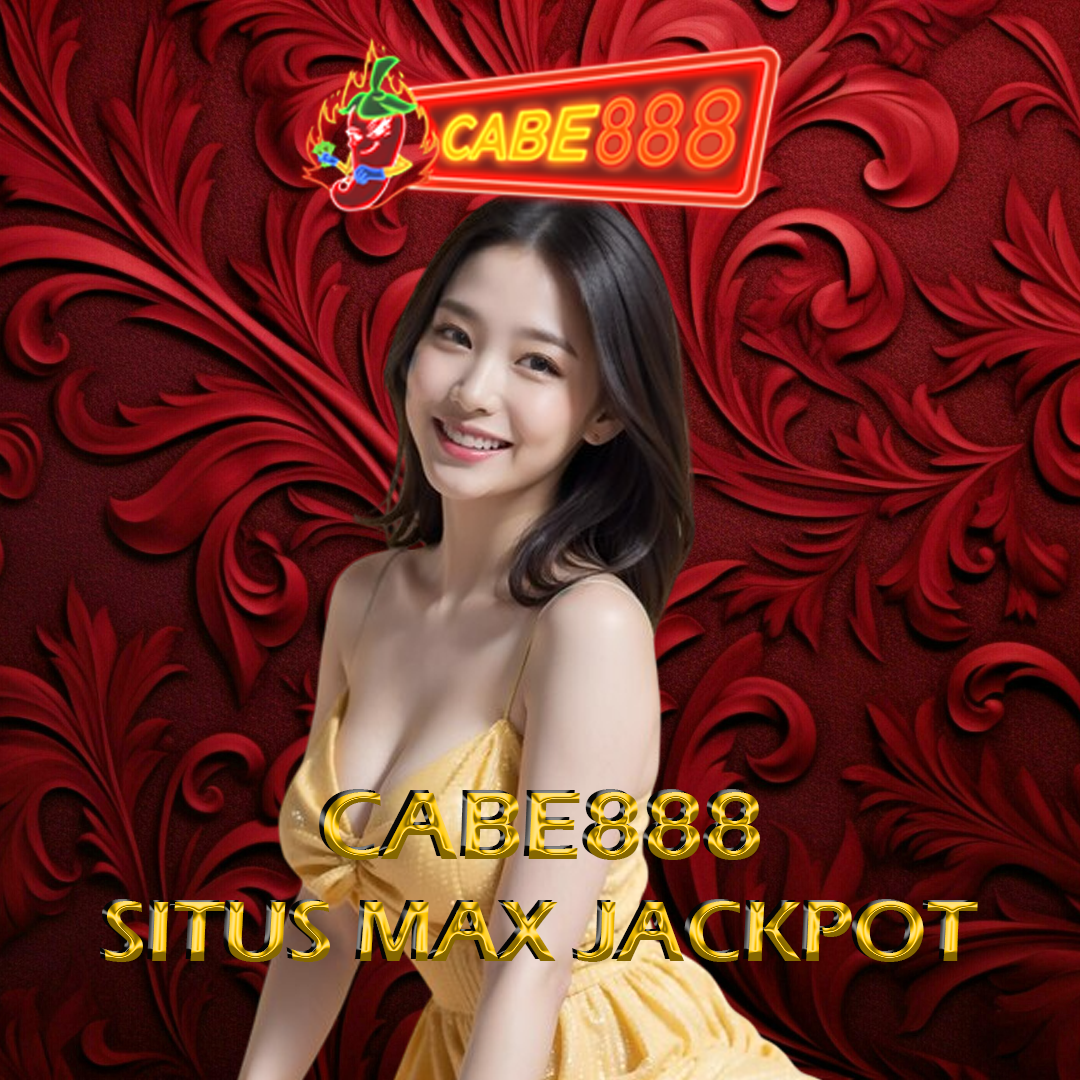CABE888 JACKPOT TERBAIK
CABE888 merupakan situs slot resmi yang memiliki JACKPOT dan reputasi baik oleh para player dan artis papan atas. Hari ini CABE888 menawarkan daftar slot JACKPOT terbaik dengan deposit 10k dan bet terkecil di 200 perak. Paling nyaman, dan aman hanya di CABE888 setiap keuntungannya tidak pernah habis MAXWIN di setiap hari bahkan setiap saat.
Sebagai SLOT JACKPOT TERBAIK, CABE888 memiliki event yang sangat menarik untuk diikuti oleh semua player. Event tersebut dapat menambah modal untuk para pemain agar para pemain bisa nyaman dan betah bermain di situs CABE888 yang menuju kesuksesan yang sudah anda inginkan bahkan lebih dari yang anda bayangkan sebelumnya.













